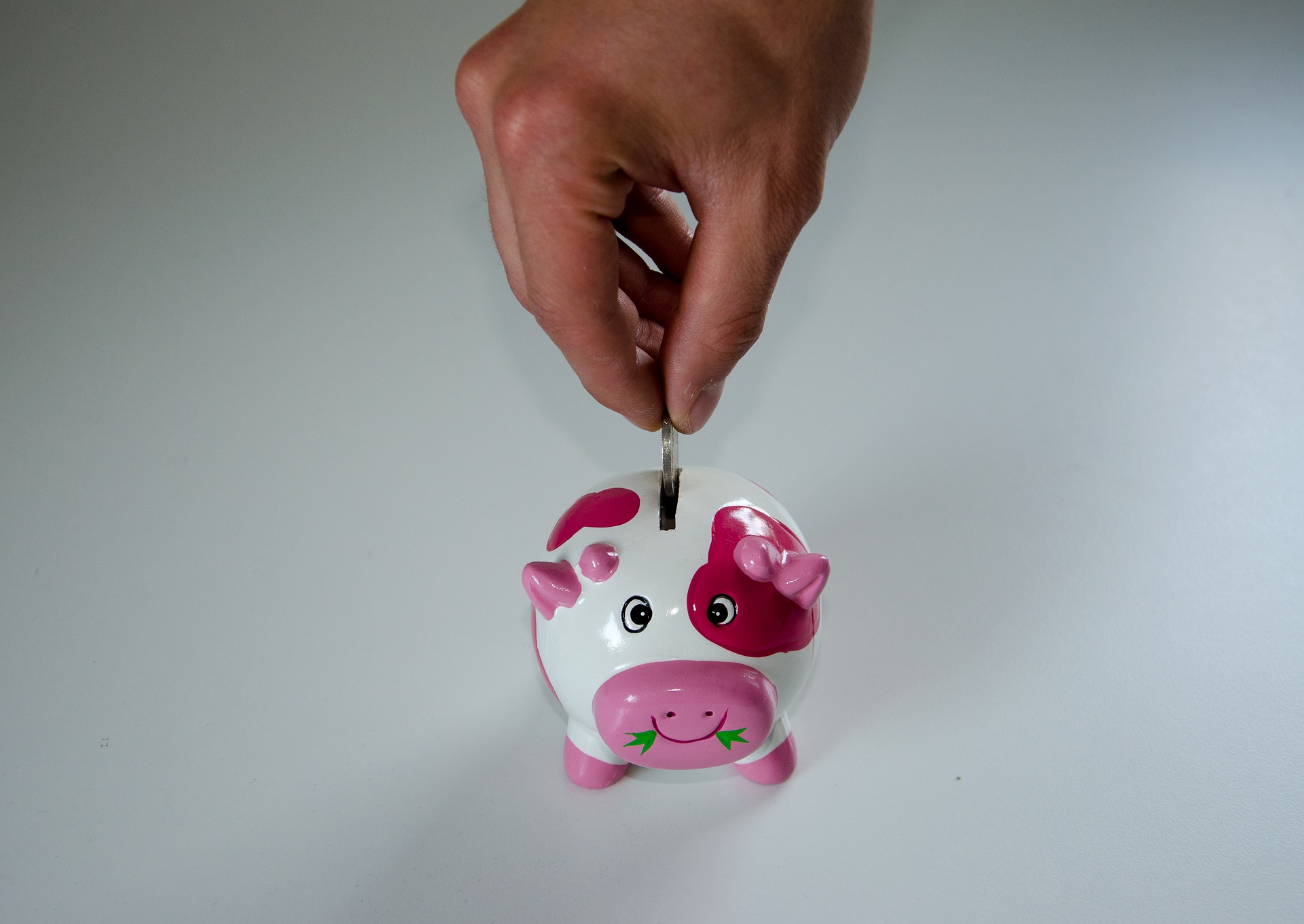Your twenties can be some of the most exciting years of your life.
You’re young and experiencing life, but you have to remember that decisions you make now will affect the rest of your life.
One of the most common questions people ask in their twenties is how to plan for the future.
Check out these useful tips to learn some of the best ways to start off your life and learn how to become financially stable for the long term.
Make Plans:
This gets the top position because it’s the most important. One characteristic you’ll find among the wealthy is that they plan things in advance.
They set long-term goals and create short and medium-term plans to make them happen. The act of creating real plans makes it more likely that you’ll become financially secure.
This isn’t only about your career and investing, though those are important. Set personal goals for self-improvement and growth. Learn how to keep yourself accountable to your plans so that they become reality.
Start by figuring out where you see yourself in five years. You should have a real thought about what you want to happen in your career and personal life. Set shorter term goals to help you accomplish your five-year plan. These can include things like:
- Pay off student loans
- Get out of credit card debt
- Save up for a down payment
- Visit somewhere exotic
- Buy a car
Many of the plans you need to make relate to enjoying life and your lifestyle. By figuring out the kind of life you want to lead, you learn more about the steps you have to take to achieve it.
Budget:
Once you have plans, you need to set a budget to make them a reality. The thought of making and keeping a budget intimidate a lot of people. Knowing where your money goes is the easiest way to start becoming financially stable.
Sit down and write out how much money you make every month. Include your salary as well as any side incomes you have going. Once you know what you make, write out all your fixed expenses next to them. These will be things like your rent/mortgage, car payment, health insurance, and car insurance. Always include your savings in fixed expenses.
What you have left over is the money available for food, gas, entertainment, and other things. Always try to build in some ‘funny money’. This is a small amount you can spend on literally anything you want. Having a little flexibility every month makes it easier to keep your budget going.
Learn How to Become Financially Stable:
Being financially literate is one of the most important things you can do to build your longterm finances. It’s pretty much impossible to build wealth without knowing how personal finance works.
There are lots of online resources you can use to do this. Start with the basics: budgeting, investing, and finance terminology. It’s important to know enough about finances to tell when something is too good to be true.
If you don’t spend some time to learn how finances work it’s almost impossible to become financially secure. You don’t have to learn advanced finance and trading techniques, just enough so that you can recognize where your money is going and how to make it work for you.
Invest Early and Often:
Albert Einstein once said that compounding interest is the most powerful force in the world. It doesn’t matter what you invest in, only that you invest early and let your gains compound.
Historically the stock market goes up on average. By putting your savings in broad basket funds you can generate consistent growth over the decades.
If you don’t want to spend too much time you can use a fee-based financial planner to help. Look for low fee index and exchange-traded funds to maximize your gains.
Take Some Risks:
Your twenties is the best time to take some risks for your future. You’re young, you aren’t tied down, and you’ve got nothing but opportunities ahead of you.
Start with career risks. You can often get significant pay or benefit gains by moving to a top job. When you’re young you don’t have the baggage that comes with kids, houses, and rooms full of stuff.
If you get a great opportunity across the country or across the world, take it. Don’t forget to look for other big opportunities. Starting your own business is still one of the best ways to build real wealth.
Your twenties is also the time to put your investments into high risk high potential reward mode. Look for emerging industries and markets that have great potential for large gains. You can check out industry sites and investor groups for new technologies, such as NICI for cannabis investments.
You’ll see some losses in many of your investments, but even one or two big winners can provide you with significant gains.
Make Saving Automatic:
One of the best ways to continue saving and investing is to make it completely automatic. There are lots of apps and employer programs available that will set aside part of your income every pay period.
This allows you to save and built wealth without having to think about it. When you set up your budget, leave this money out to the side. If it was never something you’re spending you won’t even miss it.
An employer-sponsored 401k is a great way to do this for retirement planning. Many employers offer a match if you invest. This is literally free money for saving. You also get significant tax benefits by investing this way.
Remember to Have Fun!
Your twenties are the best time to experiment and discover who you are and what you want from life. Take risks, make plans, and build the kind of life you want to live. Think about how to become financially stable, but don’t obsess over it.
If you liked what you read here, check out some of our other interesting and informative articles to learn ways to improve yourself.
Read Also:

























